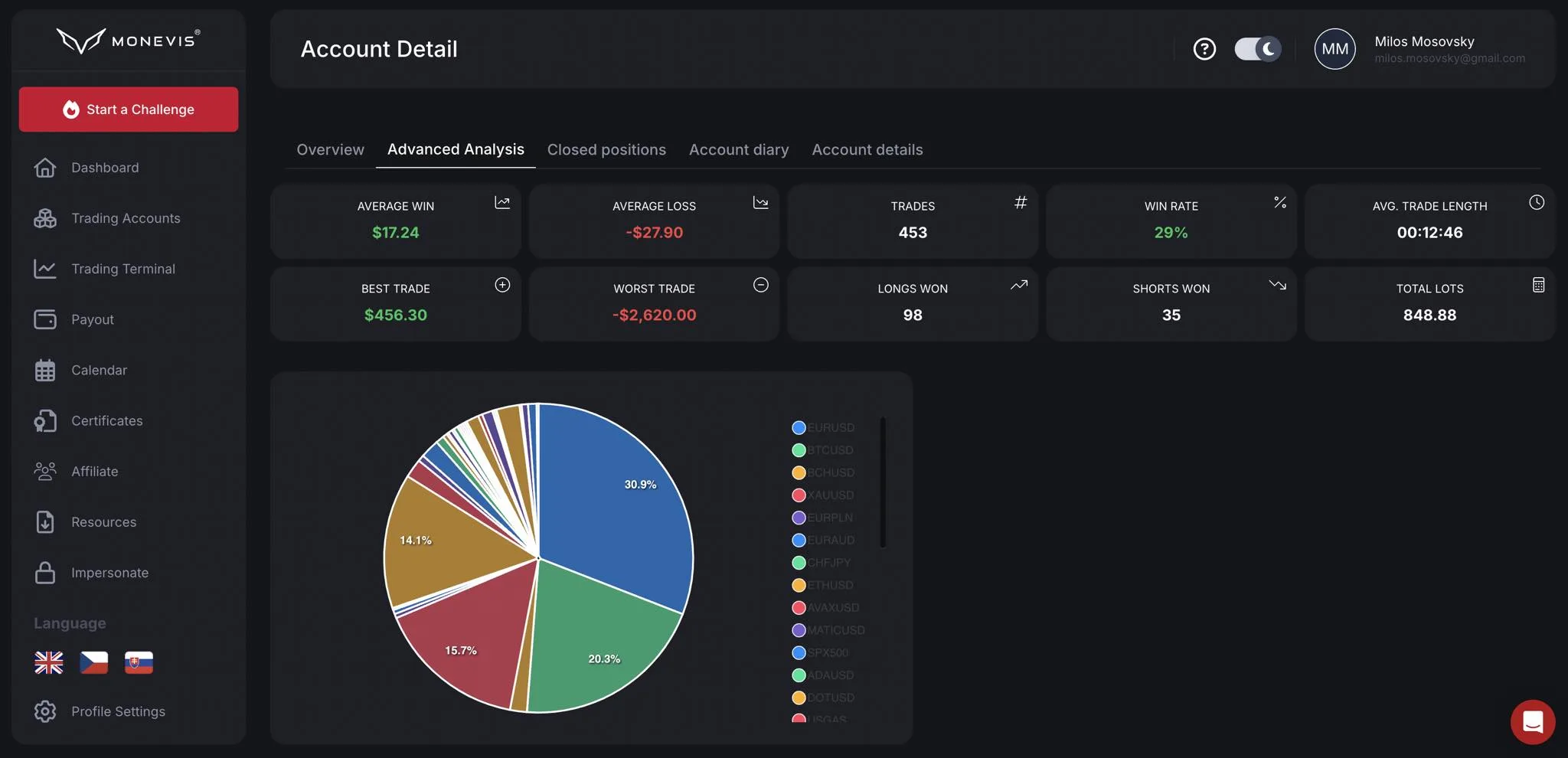HOT TIPP: Entfesseln Sie Ihr Handelspotenzial mit Monevis®

Understanding the Importance of Risk Management in Trading
Trading, whether conducted in the traditional stock market or in the rapidly evolving world of cryptocurrencies, invariably involves a certain degree of risk. This risk, given its inherent and unavoidable nature, can lead to significant losses if not managed effectively. This is where the concept of risk management in trading makes its indispensable entry.
Risk management in trading is a systematic approach to identifying, evaluating, and controlling the various risks associated with trading activities. Whether you are a novice trader just starting out or a seasoned professional, understanding and applying risk management techniques is pivotal to your long-term success in the trading arena.
Key Elements of Risk Management in Trading
Before delving into the strategies and techniques of risk management, it is essential to understand its key elements.
1. Risk Identification: This involves recognizing the potential risks involved in a trade. These can include market risk, credit risk, operational risk, and liquidity risk.
2. Risk Assessment: Once the risks have been identified, they need to be quantified and prioritized. This helps in determining the potential impact of each risk and the probability of its occurrence.
3. Risk Control: After assessing the risks, appropriate strategies need to be implemented to mitigate them. This could include diversification, hedging, or reducing the size of a position.
4. Risk Monitoring: This involves keeping a constant eye on the various risk factors and adjusting the risk management strategies as required.
Why is Risk Management Critical in Trading?
The trading arena is replete with uncertainty. Prices can swing drastically due to a myriad of factors ranging from macroeconomic indicators to geopolitical events. Without a proper risk management strategy in place, traders can face substantial financial losses.
Risk management in trading helps in the following ways:
1. Preserving Capital: By limiting losses, risk management helps to protect the trader’s capital. This ensures that the trader lives to trade another day, even after a series of losing trades.
2. Enhancing Profitability: Risk management allows traders to optimize their profits by managing their trades effectively. By setting stop-loss orders, traders can prevent their profits from turning into losses.
3. Reducing Stress: Trading can be stressful, especially during periods of high market volatility. A sound risk management strategy can help alleviate this stress by providing a level of predictability and control.
Effective Risk Management Strategies in Trading
Risk management is not a one-size-fits-all concept. It must be tailored to the individual trader’s risk tolerance, trading style, and financial goals. However, some universal strategies can be adopted by most traders:
1. Setting Stop-Loss Orders: This is a pre-determined price level at which a trader is willing to close a losing trade. This limits the trader’s downside and prevents them from holding onto losing positions in the hope of a market reversal.
2. Position Sizing: This involves deciding the size of a trade relative to the trader’s account size. A common rule of thumb is to risk no more than 1-2% of the trading account on a single trade.
3. Diversification: This involves spreading investments across various assets to reduce exposure to any single asset. Diversification can help mitigate losses if one or more assets perform poorly.
4. Regular Monitoring: The markets are dynamic and can change rapidly. Regular monitoring of market conditions and adjusting trading strategies accordingly is crucial.
Schlussfolgerung
Risk management in trading is not just about mitigating losses but also about enhancing profits. It involves a mix of technical analysis, strategic planning, and psychological readiness. Although it may seem daunting at first, with practice and understanding, risk management can become second nature.
Remember, in the world of trading, it’s not just about the trades you win, but also about the trades you don’t lose. Effective risk management may be the difference between a successful trading career and a short-lived one.
HOT TIPP: Entfesseln Sie Ihr Handelspotenzial mit Monevis®
